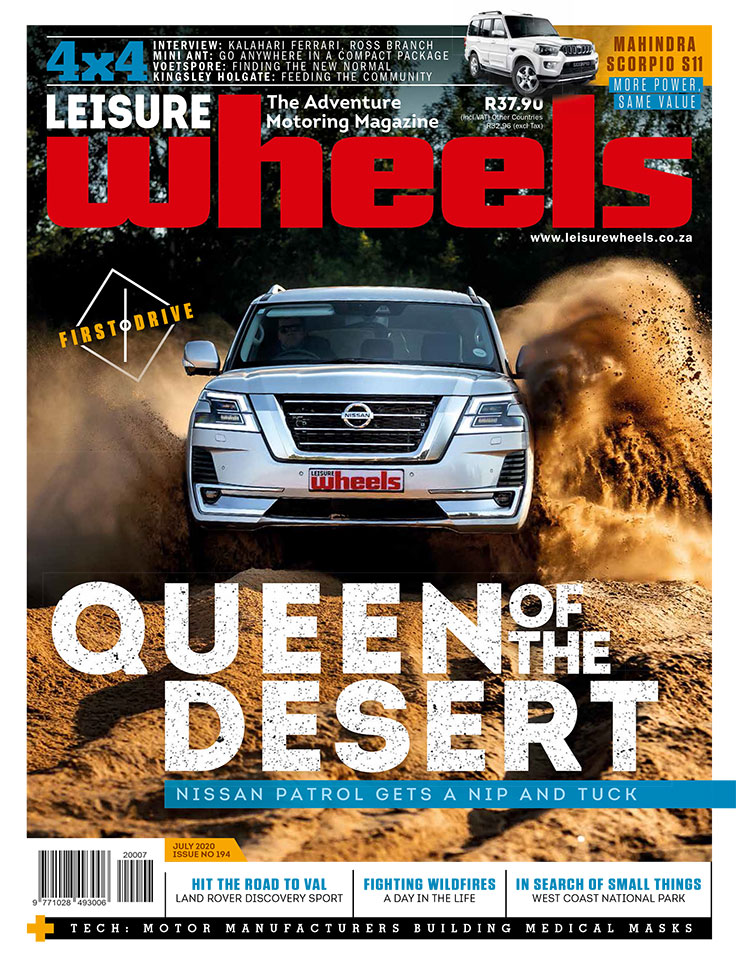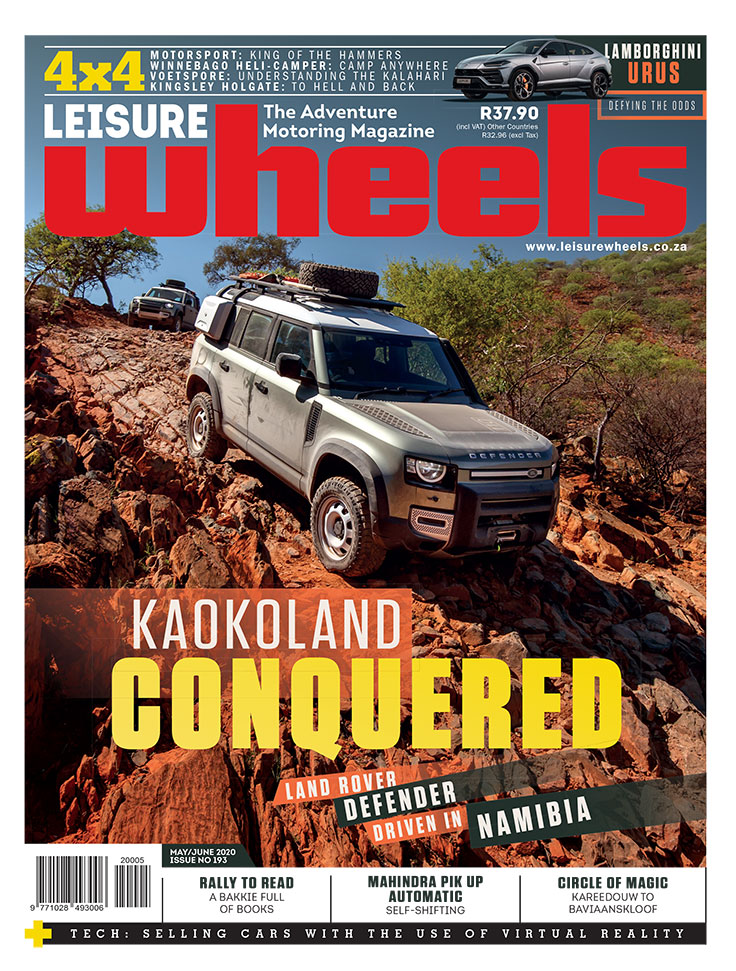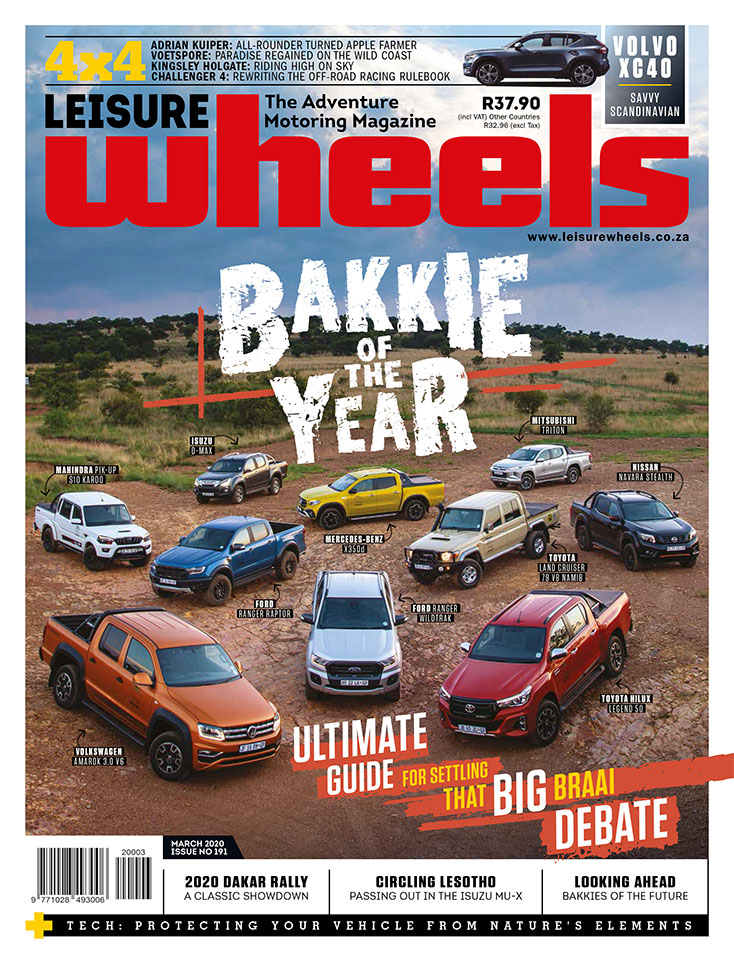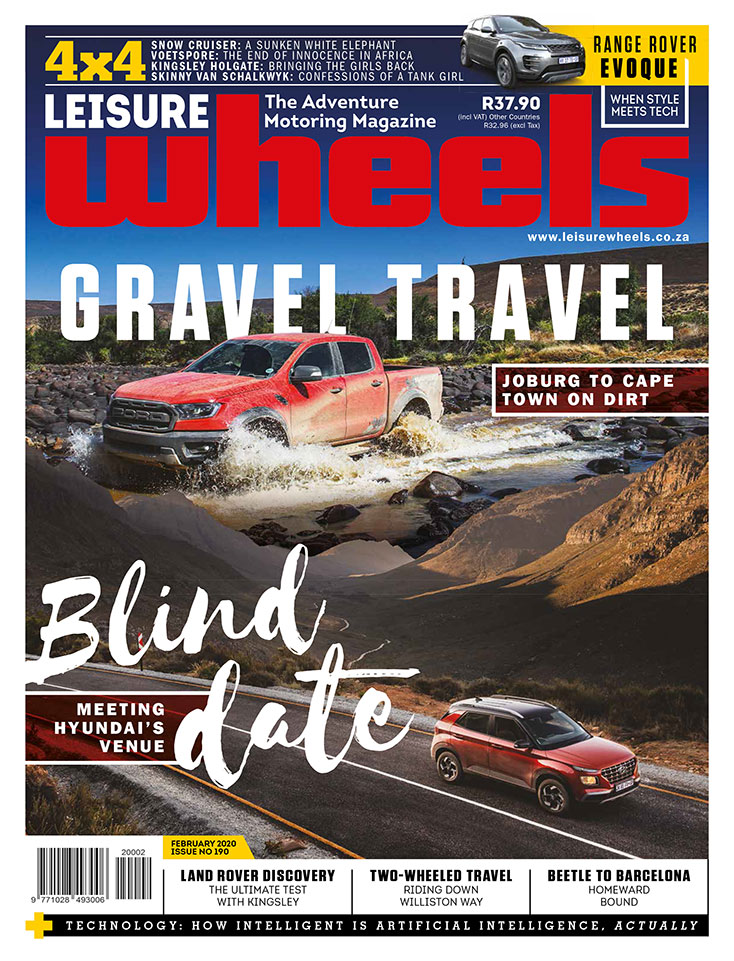Hands-free not so innocent
The notion that guns do not kill people is a clarion call for the American gun lobby. The view is that it is people who kill people, with the pistol or rifle being merely an instrument.
Much the same outlook is prevalent in motoring circles, where the viewpoint is that it is people and not cars and trucks that are the cause of death on the roads. Sheer stupidity combined with a number of circumstances, such as alcohol and substance abuse, fatigue and a long list of other factors, contribute to the unacceptably high accident and death rate.
But we are always looking for new ways and means of killing or maiming our fellow citizens, and the advent of the cellular telephone/smartphone/iPhone/iPod etc has added new dangers to road users throughout the world. Most motorists have had at least one nasty experience – while either using their own mobile phone while driving, if they are honest, or at the hands of some other mobile device user.
We have all had the experience of the driver who fl ies past you on the highway travelling in excess of the speed limit. A few minutes later you catch up with him pottering along in the fast lane talking on his mobile phone. Using a cellular device while you drive is against the law in SA and in most countries. Talking on the phone while driving is bad enough but a new danger – texting while on the move – has evolved along with smartphone technology.
Concentration and an awareness of what is going on around you are crucial elements while driving. You don’t have to be a brain surgeon (although you might need one) to work out that loss of concentration or awareness while using a mobile device turns a driver into a high accident risk.
We came across further evidence of this from a report in the science and technology print edition of The Economist. In a study published by the AAA Foundation for Road Safety in Washington, researchers at the University of Utah honed in on the level of distraction drivers suffered while carrying out various mental activities.
For the study, 102 volunteers were split into three groups with each participant performing eight tasks, under the scrutiny of researchers, while wearing a hat fitted with various electrodes to measure brain responses. The eight tasks were: doing nothing; listening to the radio; listening to an audio book; talking to a passenger; calling a friend on a hand held phone; calling a friend using a hands free phone; using speech to send a text message and verifying mathematical equations while memorising nouns slipped in between the maths problems.
The first group of volunteers performed the tasks sitting at a computer and the second group in simulators resembling the inside of a car. They followed another car on the screen. The fi nal group drove real cars.
Apart from measuring reaction times, the researchers tested concentration levels by studying responses to lights shone in the periphery of visual fi elds. The subjective views of each volunteer on which of the tasks demanded the most attention were also taken into account.
The researchers took the results and created a graph representing the overall mental concentration created by each of the eight tasks. The baseline of 1.0 was created by doing nothing, with the maths and word memory task – by far the most difficult exercise – creating a ceiling of 5.0.
Listening to the radio or a book recording, not surprisingly, got the lowest scores with figures of 1.21 and 1.75 respectively. Talking to a passenger recorded a score of 2.33, talking on a hands free mobile came in at 2.27 and talking on a hand held device at 2.45.
Top of the list at 3.06 was hands free texting and in an exercise with a ceiling of 5.0 this was seen as worrying. For example, it is estimated, from previous studies in the US, that loss of concentration is the cause of between 25% and 50% of road accidents, and it is clear that mobile devices are a contributing factor.
We leave you with the woes of a friend who dropped his mobile phone when he noticed a metro cop up ahead. With the danger past, he quickly bent down to retrieve the phone and in the process smashed the side mirror of his double cab against a pole.
The cost of repairs to the vehicle was R3000, but he was lucky. The incident might have cost him his life or that of an innocent bystander or motorist.








